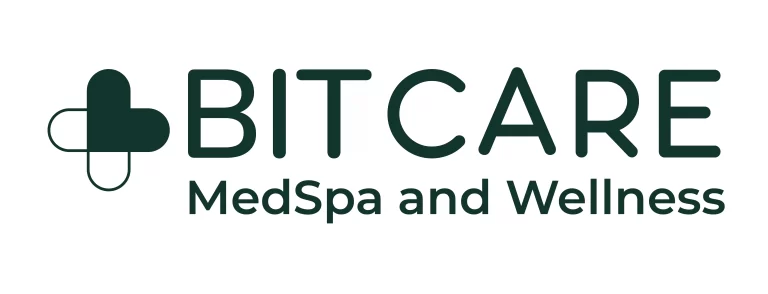
Unveiling Food Allergies: Types, Prevention and Age Factors
Food allergies affect millions worldwide, causing adverse reactions when consuming certain foods. These reactions are specific immune responses that occur consistently upon exposure to a particular food. This comprehensive guide will explore the different types of food allergies when they develop, preventive measures to be taken, and age-specific considerations. Whether you or your loved ones are affected by food allergies, understanding their causes and taking appropriate precautions can make a significant difference in managing these conditions effectively.
Types of Food Allergies Reactions
Food allergies can be classified into four categories, each characterized by distinct immune responses and symptomatology:
Type 1
Immediate Allergic Reactions: Type 1 food allergies are the most common and severe form of food allergies. They involve an IgE-mediated immune response, leading to the activation of mast cells and the release of histamine and other chemicals. Moreover, these reactions occur immediately after consuming the trigger food, and symptoms can range from mild itching and hives to life-threatening anaphylaxis.
Type II & III
Delayed Allergic Reactions: Type II and III food allergies are mediated by IgG antibodies and may take several hours or even days to develop after consuming the allergenic food. These reactions are often dose-dependent, meaning the severity of the symptoms correlates with the amount of food consumed. However, immune responses associated with IgGI and IgG4 antibodies are commonly observed in these food allergies.
Type IV
T-Cell Mediated Reactions: Type IV food allergies involve delayed hypersensitivity mediated by T-cells, triggering an immune response and causing inflammation in the gastrointestinal mucosa. This reaction is associated with specific food proteins that can lead to enterocolitis, characterized by small intestine and colon inflammation.
Preventive Measures for Food Allergies
Preventing adverse food reactions and minimizing the risk of allergic episodes involves a combination of awareness, precaution, and individualized strategies. Here are some key preventive measures:
- Identify Trigger Foods: Consult with an allergist or healthcare professional to determine specific food allergies through testing and create a personalized dietary plan that avoids allergens.
- Read Food Labels: Carefully read ingredient lists to identify potential allergens and be aware of cross-contamination risks. Understanding food labeling regulations can help make informed choices.
- Communicate with Others: Inform family members, friends, caregivers, teachers, and other relevant individuals about food allergies to ensure a safe environment and proper food handling.
- Carry Emergency Medication: Individuals with severe food allergies should have access to emergency medication, such as epinephrine auto-injectors, at all times. Learn how to administer the medication properly and educate those around you about its use.
- Age-Specific Considerations: Food allergies can manifest at any age, and their management may vary depending on the individual’s developmental stage. Here are some age-specific considerations:
Infants and Young Children: Exclusive breastfeeding, gradual introduction of solid foods under healthcare professional guidance, and awareness of common allergenic foods.
School-Age Children and Adolescents: Education on food allergies, developing emergency action plans, promoting awareness among peers and school staff, and fostering a supportive environment.
Adults: Continuous monitoring of food allergies, careful dining-out practices, communication with food establishments, and staying informed about potential allergens in new products.
Conclusion
To effectively manage food allergies, it is crucial to have a comprehensive understanding of these conditions and take appropriate preventive measures. By identifying trigger foods that can cause adverse reactions, reading labels to ensure safe consumption, and adopting individualized strategies tailored to specific allergies, individuals with food allergies can significantly minimize the risk of experiencing harmful reactions. These proactive steps promote better health and well-being and enhance the overall quality of life by enabling individuals to confidently navigate their dietary choices and enjoy a wide range of foods without compromising their safety.
Therefore, stay connect with us and learn more about health and wealth information.
Follow us on Instagram: @gobitcare


